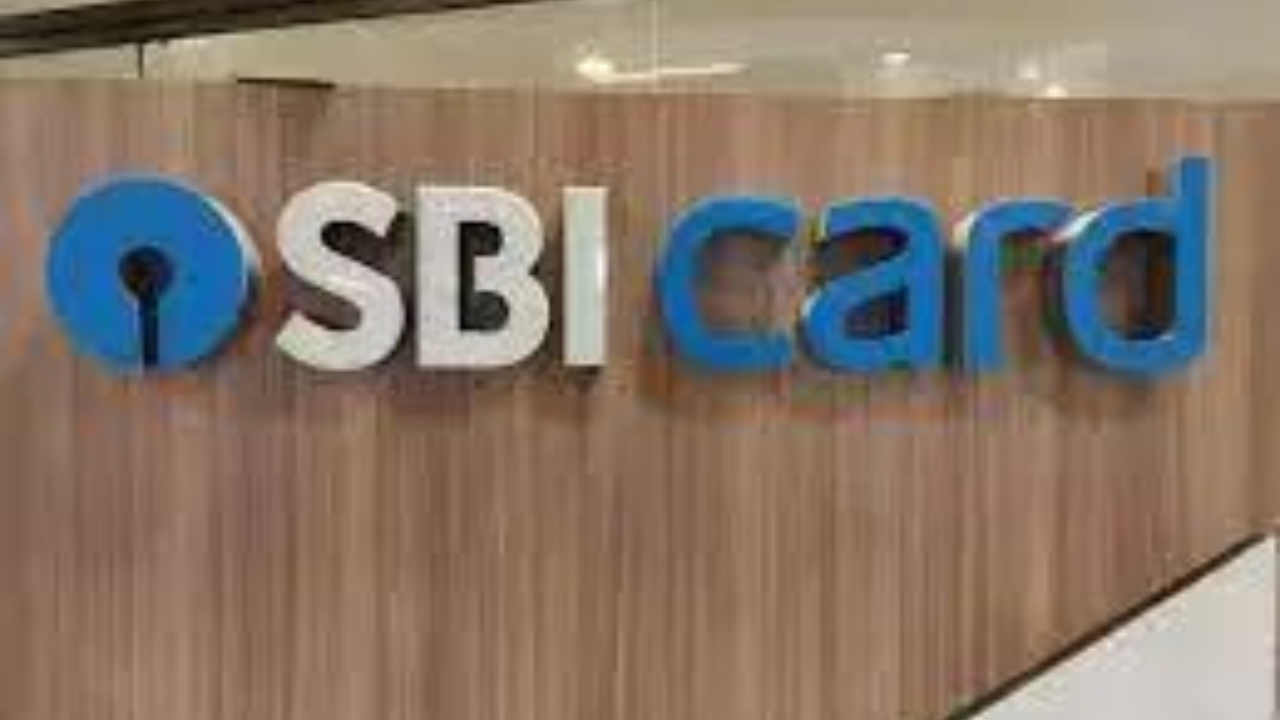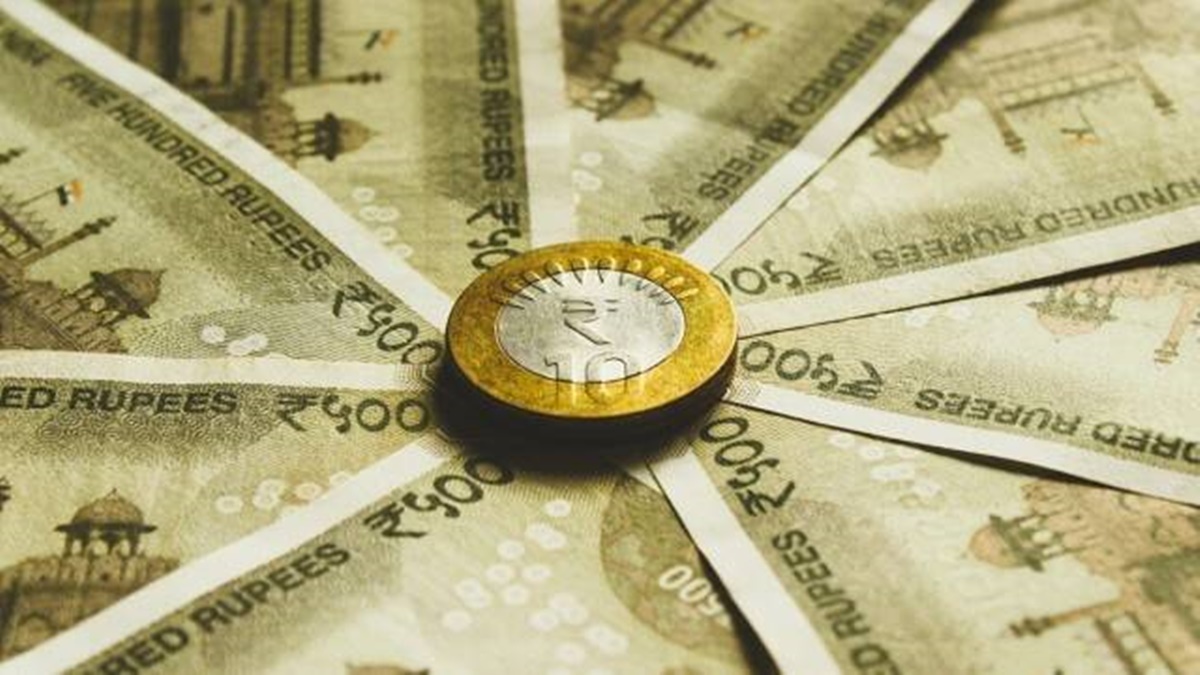SBI Card posts revenue at Rs 14,286 crore in FY2023, up 26% on-year

SBI Card posts revenue at Rs 14,286 crore in FY2023, up 26% on-year
SBI Cards and Payment Services Limited, in its annual report, revealed strong financial performance for FY2023. The company reported a total revenue of Rs 14,286 crore, representing a notable 26% increase compared to the previous year. Additionally, SBI Card’s profit after tax surged to Rs 2,258 crore, marking a significant 40% growth over FY2022.
The company attributed its success to a robust business model, calculated decisions, agility, and an adaptive approach. These factors have contributed to meaningful and sustainable growth for SBI Card. Rama Mohan Rao Amara, the Managing Director & CEO of SBI Card, expressed confidence in the company’s ability to maintain this positive trajectory.
Furthermore, SBI Card announced the payment of an interim dividend of Rs 2.50 (25% per equity share of Rs 10 each) for the financial year that ended on March 31, 2023. This demonstrates the company’s commitment to delivering value to its shareholders.
The strong financial performance of SBI Card reflects its position as a leading player in the payment services industry. As a subsidiary of State Bank of India (SBI), SBI Card benefits from the extensive reach and customer base of India’s largest public sector bank. The company’s ability to leverage its robust business model and make strategic decisions has resulted in substantial revenue growth and increased profitability.
The payment of dividends to shareholders further reinforces SBI Card’s commitment to rewarding its investors and sharing its success with them.

Overall, SBI Card’s impressive financial performance, along with its focus on sustainable growth and shareholder value, positions the company for continued success in the payment services sector.
SBI Card has maintained a market share of 18.2% in terms of card spends for the fiscal year. The company achieved a significant milestone in FY2023, recording the highest-ever retail spends, surpassing Rs 2 lakh crore. Online spends accounted for 57% of the total retail spends, indicating a growing trend of digital transactions. Rama Mohan Rao Amara, the Managing Director & CEO of SBI Card, highlighted the healthy growth observed across various spend categories, including departmental stores, health, utilities, education, travel, entertainment, and restaurants.
In Q4FY23, SBI Card witnessed a substantial 32% year-on-year growth in card spends, amounting to Rs 71,686 crore. The majority of these spends, totaling over Rs 55,500 crore, came from retail transactions. This robust growth in card spends further reinforces the company’s position as a leading player in the credit card market.

SBI Card’s success in recording the highest-ever retail spends showcases the increasing adoption and usage of its credit cards by consumers across a wide range of sectors. The significant contribution of online spends reflects the convenience and popularity of digital transactions, highlighting the evolving consumer preferences and the growing importance of e-commerce in the retail landscape.
The company’s healthy growth in key spend categories such as departmental stores, health, utilities, education, travel, entertainment, and restaurants indicates a diversified customer base and the effectiveness of SBI Card’s marketing strategies to target various sectors.
Overall, SBI Card’s performance in card spends demonstrates its ability to capture market share and drive growth in the competitive credit card industry. By leveraging digital channels and meeting the evolving needs of consumers, SBI Card is well-positioned to continue its success and strengthen its market presence in the coming years.A recent report indicates that India’s digital payments market is projected to experience significant growth in the coming years.
The market, currently valued at $3 trillion, is expected to reach $10 trillion by 2026, reflecting a more than threefold increase. This surge in digital payments underscores the country’s shift towards cashless transactions and the increasing adoption of digital payment methods.
Within the digital payments industry, cards have shown substantial growth over the past five years, with a compounded annual growth rate (CAGR) of 18% from FY18 to FY23. This growth highlights the rising popularity of card-based transactions among Indian consumers. Moreover, the report indicates that card spends have experienced a CAGR of 26% during the same period, reflecting the increased usage and value of card transactions.
The growth of digital payments in India can be attributed to various factors. These include the government’s push for a digital economy through initiatives like demonetization and the promotion of digital payment systems. Additionally, the increasing availability and accessibility of digital payment platforms, as well as the convenience and security they offer, have contributed to the adoption of digital payment methods.

The projected growth of India’s digital payments market to $10 trillion by 2026 signifies the immense potential and opportunities in the sector. This growth is expected to be driven by factors such as the ongoing digital transformation, the expansion of e-commerce, and the increasing penetration of smartphones and internet connectivity across the country.
As the digital payments landscape continues to evolve, companies like SBI Card are well-positioned to capitalize on this growth. With their established presence and expertise in the credit card market, they can leverage their offerings to cater to the increasing demand for digital payment solutions in India.
Overall, the projected growth of India’s digital payments market represents a significant opportunity for the financial industry. It reflects the changing dynamics of consumer behavior and the increasing reliance on digital platforms for conducting transactions.Dinesh Kumar Khara, Chairman of State Bank of India (SBI), expressed optimism about India’s consumption-led economy, noting its resilience despite global headwinds. Khara highlighted several favorable factors driving the robustness of the economy, including the digitization of payments, the demographic dividend, and increased disposable incomes among Indian consumers. He emphasized the massive adoption of digital payment methods, such as Unified Payments Interface (UPI) and credit cards, by Indian consumers.
Khara acknowledged the consistent growth observed in the credit card industry, noting that the number of credit cardholders in India increased from 7.4 crore (74 million) in March 2022 to 8.5 crore (85 million) in March 2023. This growth signifies the growing popularity and acceptance of credit cards as a preferred mode of payment.
Additionally, he highlighted the significant increase in card spends, reaching Rs 1.37 lakh crore (approximately $18.5 billion) in March 2023, compared to Rs 1.07 lakh crore (approximately $14.4 billion) in March 2022. This surge in monthly card spends represents the highest-ever recorded in the industry as of March 2023. Moreover, FY2023 witnessed the highest-ever annual card spends in the industry, surpassing Rs 14 lakh crore (approximately $188.5 billion), with e-commerce contributing significantly to this growth.
Khara’s statements reflect the positive momentum and growth trajectory of the credit card industry in India. The increasing adoption of credit cards by consumers can be attributed to factors such as the convenience and security they offer, the expansion of digital payment infrastructure, and the rising trend of online shopping and e-commerce.
The digitization of payments has played a pivotal role in transforming the Indian economy, making transactions more convenient and efficient. The popularity of UPI, a real-time payment system, has surged, facilitating seamless transactions between individuals and businesses. The adoption of credit cards has also been driven by the growth of e-commerce, as consumers increasingly turn to online platforms for their shopping needs.
Khara’s positive outlook on the Indian economy and the credit card industry highlights the potential for further growth and expansion. With the continued digitization of payments, a young and tech-savvy population, and increasing disposable incomes, India’s credit card industry is poised for continued success.
As the Chairman of SBI, one of the leading banks in India, Khara’s remarks demonstrate the bank’s commitment to promoting digital payments and supporting the growth of the credit card industry. The continued collaboration between banks, financial institutions, and technology companies will further drive the adoption of digital payments and contribute to the growth of India’s consumption-led economy.




